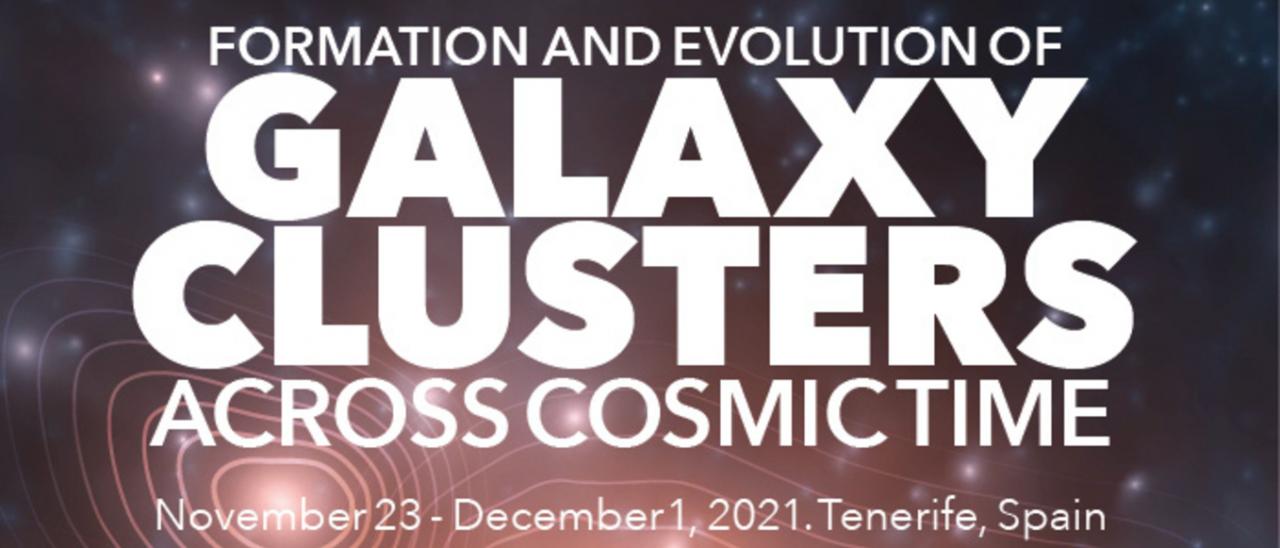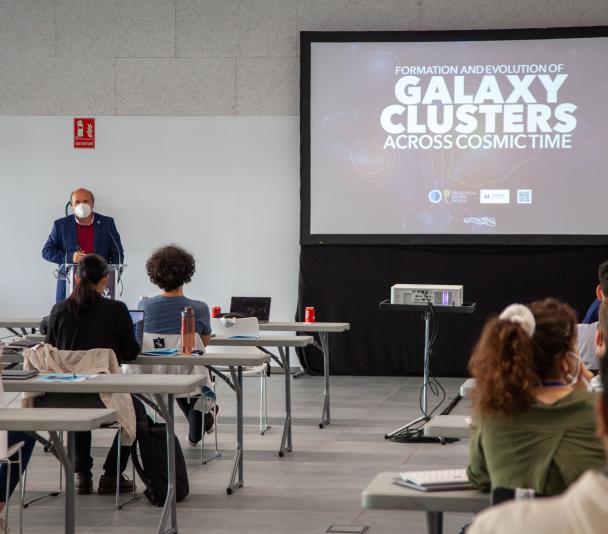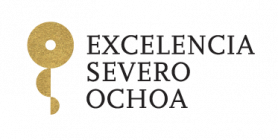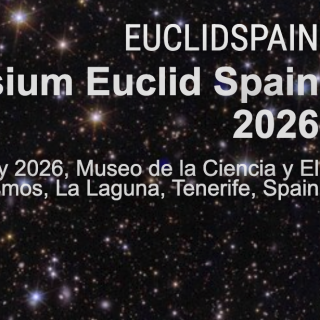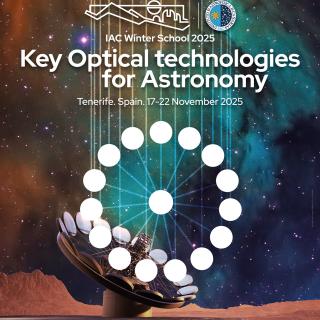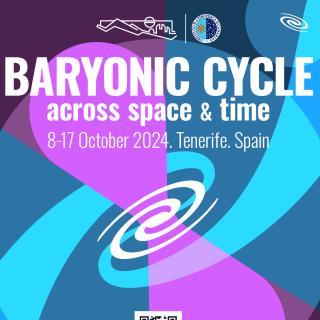The adress of the venue is:
Edificio IACTEC, Parque Tecnológico y Científico de las Mantecas,
38320 San Cristobal de La Laguna, Santa Cruz de Tenerife
The XXXII Canary Islands Winter School of Astrophysics, organized by the Instituto de Astrofísica de Canarias (IAC), focusses on Galaxy Clusters. The school, to be held in San Cristóbal de La Laguna (Tenerife, Spain) from 23 November to 1 December 2021, will admit about 50 PhD students and young Post-Docs. In a relaxed environment, the school will give participants the opportunity to learn from world-renowned specialists about galaxy clusters.
The primary aim of the XXXII Canary Islands Winter School is to provide young researchers with a comprehensive and up-to-date view on galaxy evolution and formation. We will focus on the build-up of galaxy clusters and processes driving galaxy formation in high density fields across cosmic time. The school will include lectures and tutorials.
Participants of the Winter School will have the opportunity to display their current work by presenting a poster.
The school is addressed to students and early postdocs working on extragalactic astrophysics.
Renowned specialists in the field will lecture on galaxy clusters:
- evolution of dwarf galaxies in high-density fields (Alessandro Boselli)
- galaxy clusters (in formation) in the high-redshift Universe (Nina Hatch)
- galaxy clusters in the local universe (Andrea Biviano)
- numerical simulations of physical processes driving galaxy evolution (Rhea-Silvia Remus)
- evolution of massive galaxies in high-density fields (Emanuele Daddi)
- searches for galaxy (proto)clusters through current/future instruments/missions (Giulia Rodighiero)
- tutorials (Claudio Dalla Vecchia)
The broad variety of topics guarantee a thorough discussion/presentations of the build-up of galaxy clusters and their key signatures during its formation and evolution. We will focus on the formation of these highdensity environments and its member galaxies. The contributions will be based both on observational and theoretical studies spanning the whole range of the electromagnetic spectrum. We will stimulate discussions on open key questions, unresolved problems, prospects and novel concepts, especially in the light of new missions and surveys. Furthermore, the lectures will be complemented by exercises/hands-on tutorials. In addition, we plan a public talk at the Museo de la Ciencia y el Cosmos by one of the invited lecturers.
